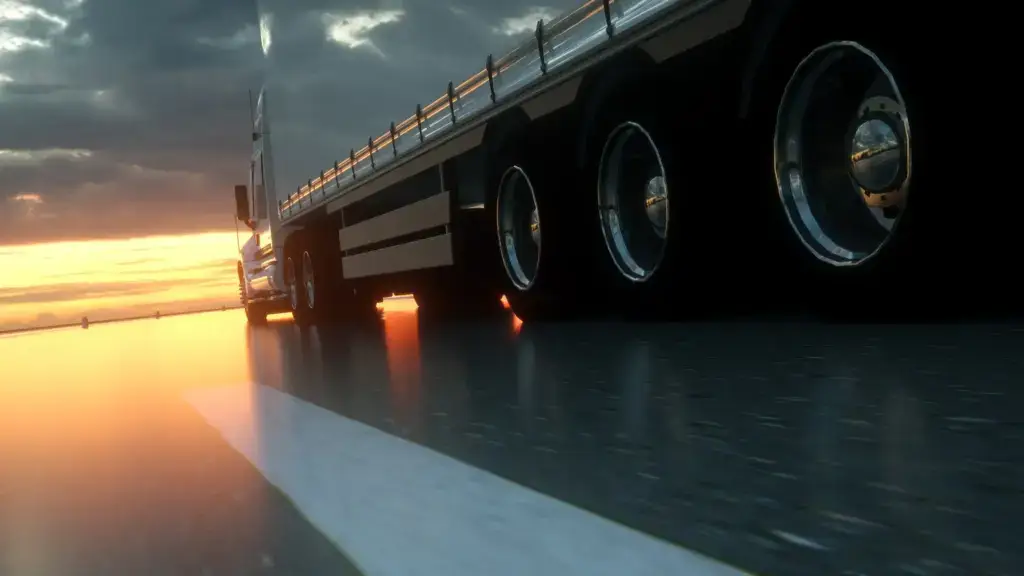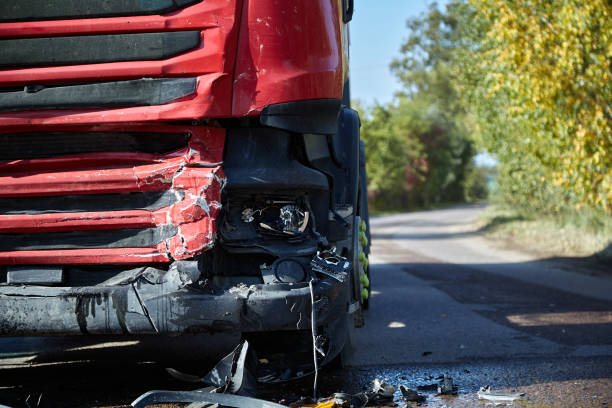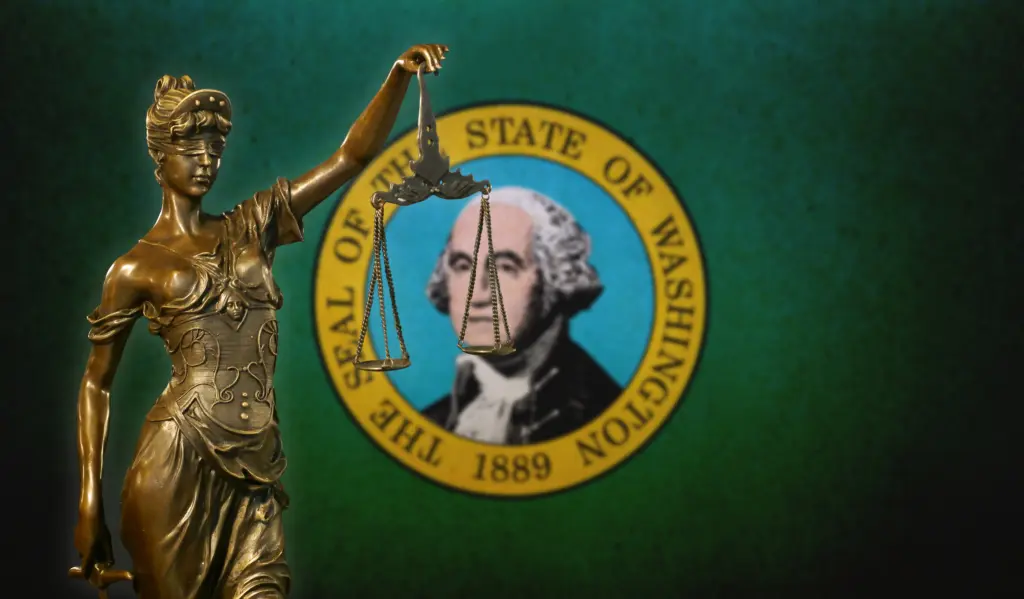
Breathe, Then Act: 5 Key Steps
- Get Medical Help First: Your health is everything. Call 911 and seek emergency care—even if you feel okay. Some injuries appear later.
- Document the Scene: Take photos of all vehicles, debris, license plates, road signs, skid marks, and visible injuries.
- Get Witness Info: Ask for names and contact details of anyone who saw the crash.
- Do Not Talk to the Trucking Company or Their Insurer: They’re not on your side. Don’t sign anything. Don’t give a recorded statement.
- Call a Truck Accident Lawyer: These cases are complex. Let a legal team handle evidence, deadlines, and negotiations.
Why Truck Accidents Are Different
Big rigs, Amazon delivery vans, and freight haulers aren’t like other vehicles—and their crashes aren’t like other crashes. Truck accidents often involve:
- Severe injuries and major property damage
- Multiple layers of insurance and corporate ownership
- Unique evidence like driver logs and black box data
- Federal regulations from the FMCSA Hours of Service Rules (49 CFR §395)
Gathering this evidence fast is critical—and insurance companies will act quickly to limit their liability.
Real Case Example: $2.1 Million Settlement
One of our clients was sideswiped outside Los Angeles by a box truck operated by a subcontractor. The trucking company initially offered $130,000. Our team secured black box data, exposed logbook fraud, and brought in a fatigue expert. We proved regulatory violations and pushed the case into litigation. Final settlement: $2.1 million.
Note: Settlement results depend on your injuries, liability, and insurance coverage.
Who’s Liable in a Truck Crash?
Unlike car accidents, truck crashes often involve multiple liable parties. Depending on the case, responsibility may lie with:
- The truck driver
- The trucking company
- A third-party broker or logistics provider
- The vehicle manufacturer (if defective parts are involved)
- Maintenance contractors or loading crews
California follows a comparative negligence system, so even if you were partially at fault, you may still recover damages.
Common Damages in Truck Accident Cases
- Medical expenses (current and future)
- Lost income and reduced earning capacity
- Pain and suffering
- Vehicle and property damage
- Disability or long-term rehabilitation costs
Frequently Asked Questions
What if the truck was from Amazon or FedEx?
We’ve handled many cases involving Amazon delivery vans and other logistics companies. Amazon often works through Delivery Service Partners (DSPs), but may still be liable depending on their level of control over routes, schedules, or training.
What if I was partially at fault?
California law still allows you to recover damages. Your settlement may be reduced based on your share of the fault—but that doesn’t bar recovery.
How long do I have to file a claim?
Two years from the date of the crash under California Code of Civil Procedure §335.1. If the crash involved a government vehicle, it may be as short as six months.
Should I talk to the trucking company’s insurer?
No. These insurers are trained to shift blame and minimize payouts. Speak with a lawyer first. We handle all communication for you.
Can I afford a truck accident lawyer?
Yes. We work on a contingency basis. That means you pay nothing upfront—and nothing at all unless we win your case.
You Don’t Have to Do This Alone
We’ve helped hundreds of truck accident victims recover compensation. From Amazon vans to freight rigs, we know how to hold companies accountable. Let’s talk—schedule your free consultation today.












































































